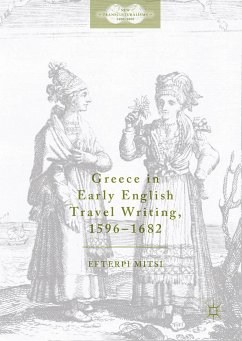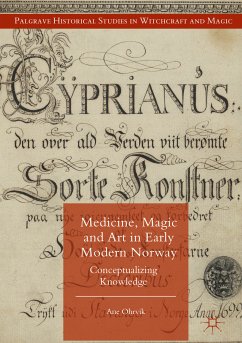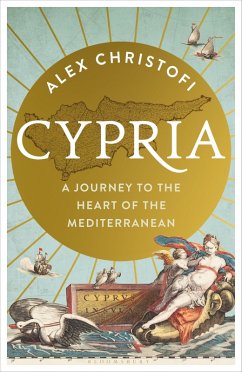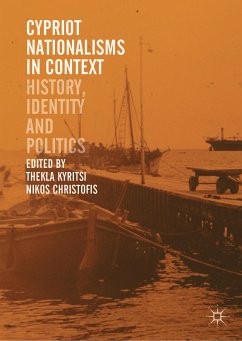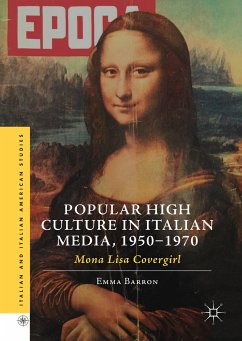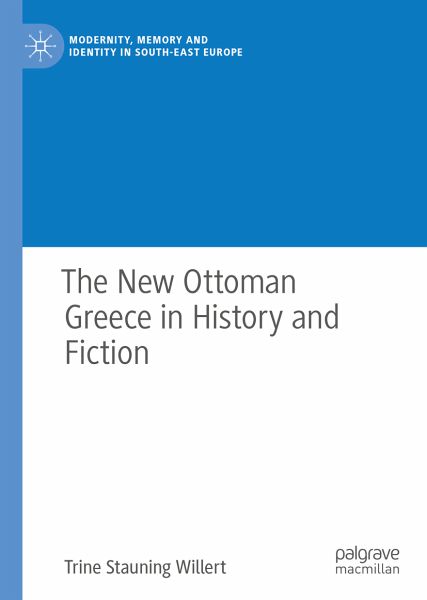
The New Ottoman Greece in History and Fiction (eBook, PDF)
Versandkostenfrei!
Sofort per Download lieferbar
56,95 €
inkl. MwSt.
Weitere Ausgaben:

PAYBACK Punkte
28 °P sammeln!
This book explores the increasing interest in the Ottoman past in contemporary Greek society and its cultural sphere. It considers how the changing geo-political balances in South-East Europe since 1989 have offered Greek society an occasion to re-examine the transition from cultural diversity in the imperial context, to efforts to homogenize culture in the subsequent national contexts. This study shows how contemporary immigration and better relations with Turkey led to new directions in historiography, fiction and popular culture in the beginning of the twenty-first century. It focuses on ho...
This book explores the increasing interest in the Ottoman past in contemporary Greek society and its cultural sphere. It considers how the changing geo-political balances in South-East Europe since 1989 have offered Greek society an occasion to re-examine the transition from cultural diversity in the imperial context, to efforts to homogenize culture in the subsequent national contexts. This study shows how contemporary immigration and better relations with Turkey led to new directions in historiography, fiction and popular culture in the beginning of the twenty-first century. It focuses on how narratives about cultural co-existence under Ottoman rule are used as a prism of national self-awareness and argues that the interpretations of Greece's Ottoman legacy are part of the cultural battles over national identity and belonging. The book examines these narratives within the context of tension between East and West and, not least, Greece's place in Europe.
Dieser Download kann aus rechtlichen Gründen nur mit Rechnungsadresse in A, B, BG, CY, CZ, D, DK, EW, E, FIN, F, GR, HR, H, IRL, I, LT, L, LR, M, NL, PL, P, R, S, SLO, SK ausgeliefert werden.






